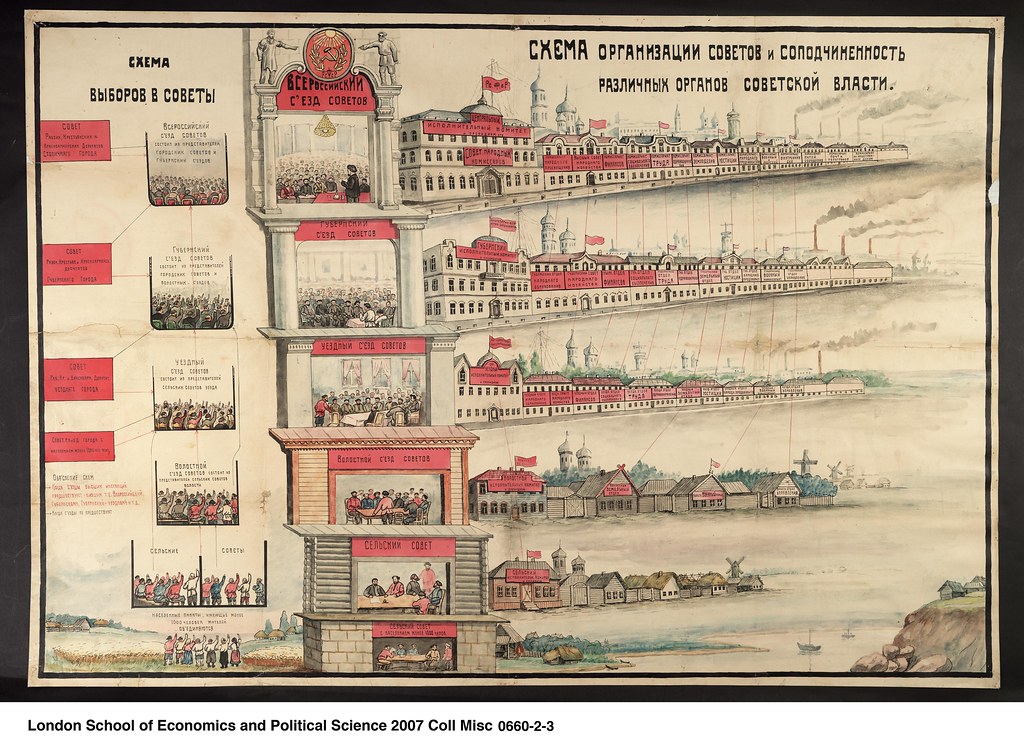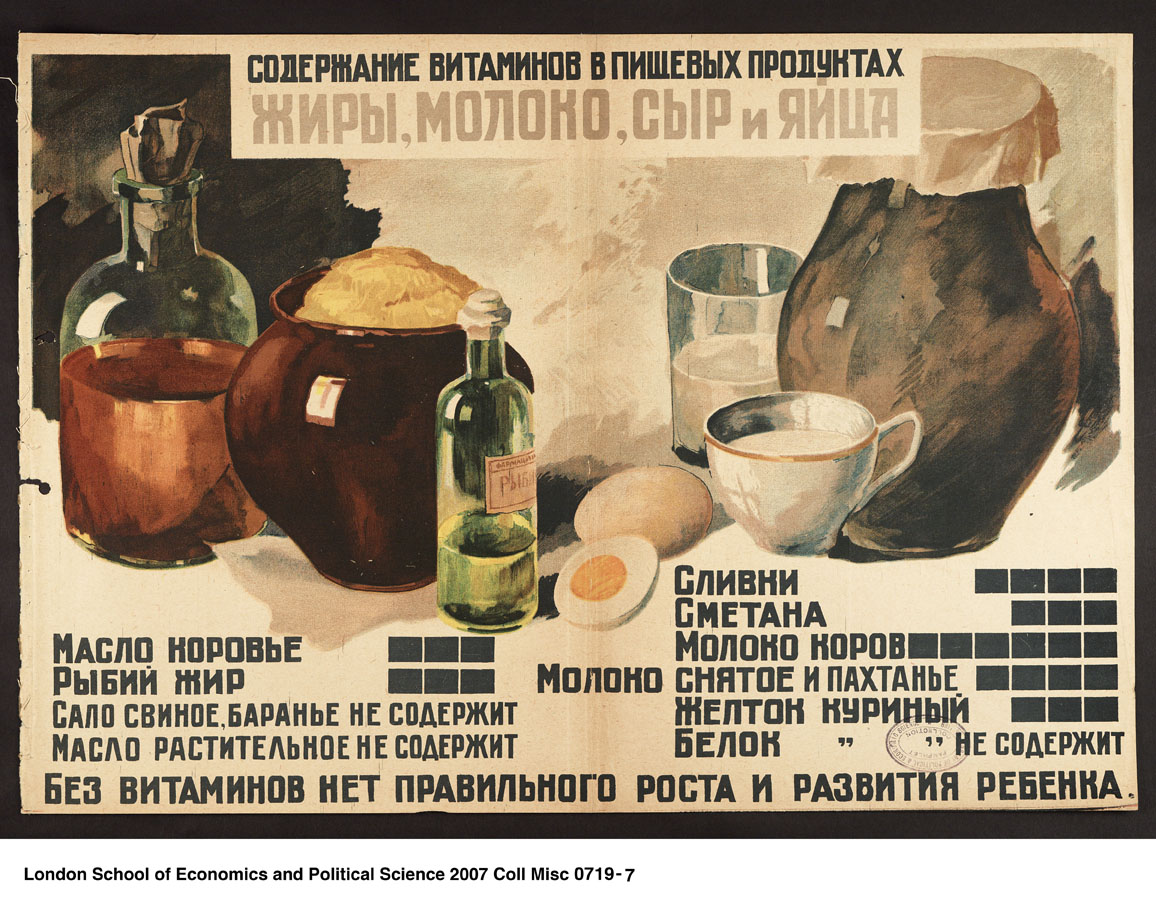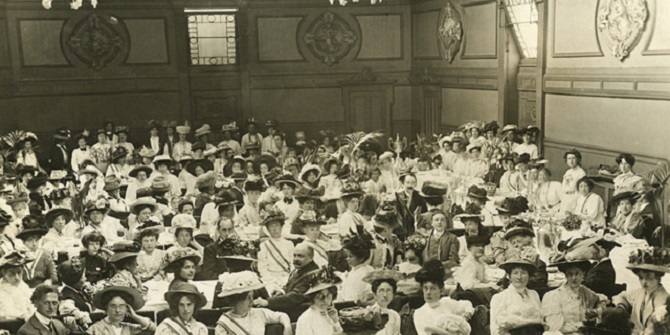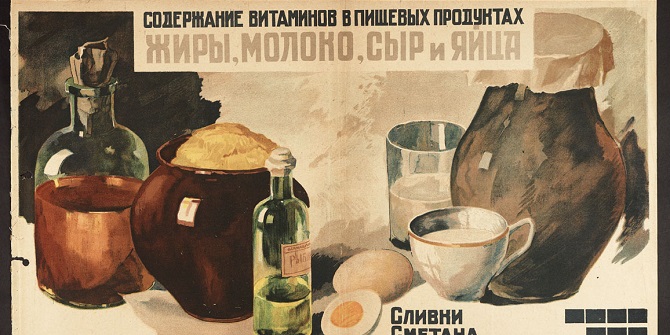LSE’s Library, the British Library of Political and Economic Science, opened in November 1896. In a series of posts celebrating LSE Library’s 120th anniversary in 2016, Graham Camfield explores the beginnings of the Russian Collection at LSE’s Library.
The acquisition of material in Russian developed slowly and spasmodically before the Second World War. One of the early items entered in the Acquisitions Register was a single issue of a journal “Schetovodstvo” in May 1898, which evidently taxed the transcriber.
In the years immediately following the First World War it was no surprise that attention should be focused on events in Russia. At LSE this was stimulated in part by the Labour delegation that visited Russia in 1920 and which on its return donated Soviet posters, leaflets and broadsheets to the Library. One of the delegates, Tom Shaw, also donated some examples of Russian paper money. Another stimulus was the arrival of Baron Alexander Meyendorff, Vice President of the Duma and Senator, who had left Russia in August 1917. From 1922 to 1934 he was reader in institutional politics at LSE, where he gave lectures in Russian legislation, political economy and Marxism to students in Politics and Public Administration. He also donated a number of books to the Library. The Library Bulletin in 1928 carried lists of nineteen Russian titles annotated by Meyendorff including some official publications. The interest of Sidney Webb in the new Soviet State is well known and he also in 1935 donated over one hundred books, pamphlets, and papers dealing with the USSR and Soviet Communism.

Following the Second World War collection of material from Russia and Eastern Europe became more intentional and systematic. In 1947/48 the following items were purchased with assistance from the Rockefeller Development Fund:
- Russian revolutionary pamphlets. Some six hundred pamphlets and 35 sets of periodicals in Russian, published outside of Russia before 1917, illustrating the development of social and political thought and the revolutionary and social-democratic movement, and including the central organs of various illegal political parties.
- A collection of some 80 books and reports on the theory and practice of Soviet trade, planning and finance.
- A collection of Russian law before 1917, including text-books, codes and statutes.

Rockefeller money gave a huge boost to the collection with the acquisition in 1948 and 1949 of some 1300 books. By 1948 the collection was such that the BLPES Guide to Collections could describe the Library as “the only special library where Russian material on the social sciences as a whole is well represented”. A Slavonic specialist, Heinz Schurer, had been appointed in 1946 with responsibility for the Russian and East European Collection and thereafter this remained a specialism for a member of library staff.
In 1950 the Russian Collection was organised with its own classification. Its further development was thus contemporary with the expansion of Soviet studies that took place in the 1950s. At LSE Leonard Schapiro was appointed Lecturer in Soviet Studies in 1955 and from 1957 courses in Russian and Soviet politics and economics became part of the curriculum. At the same time the supply of publications from the Soviet Union was becoming easier.
Posts about LSE Library explore the history of the Library, our archives and special collections.





